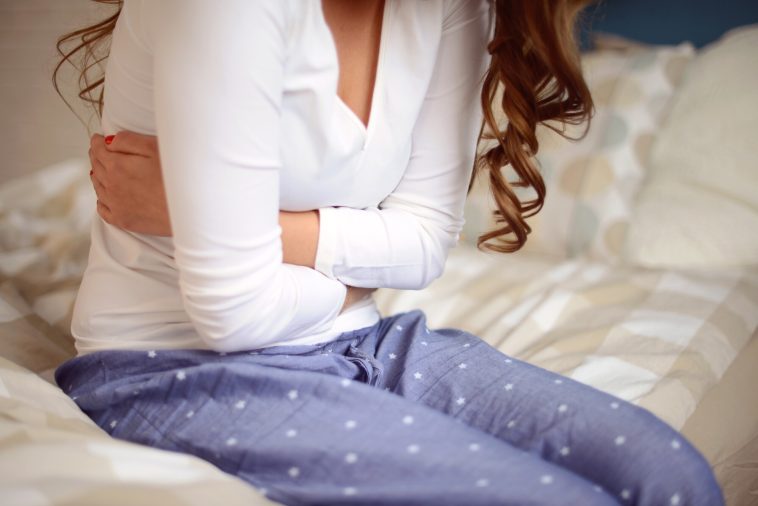Did you know that one in five women struggle with heavy periods?
Ladies, let’s face it: periods can be a real pain in the uterus. But when your flow becomes heavier than usual, it can feel downright debilitating. But what causes a heavy period?
Whether you’re constantly changing pads or tampons or experiencing cramps that make you want to curl up in bed all day, there are several underlying causes of heavy periods that could be wreaking havoc on your body.
Keep reading, and in this post, we’ll explore what exactly leads to a heavy menstrual cycle and discuss how your doctor could potentially address these health problems. So grab a hot water bottle and some Midol and buckle up – it’s time to tackle this taboo topic head-on!
Hormonal Imbalances
Disruptions in the levels of estrogen and progesterone can cause heavier-than-normal bleeding. This can be due to problems with the ovaries, such as polycystic ovary syndrome (PCOS). In addition, it can be caused by thyroid disorders or other hormonal conditions.
Uterine Fibroids
Uterine fibroids are noncancerous growths that can cause heavy periods. They are usually located on the wall of the uterus, but they can be found elsewhere, such as on the cervix or in the abdomen. Fibroids can vary in size and may cause severe cramping during periods.
Endometriosis
Endometriosis is a condition in which tissue that normally lines the inside of your uterus (endometrium) grows outside it. Endometriosis can cause menstrual cramps and heavy bleeding.
Adenomyosis
Adenomyosis is a condition in which the inner lining of your uterus (endometrium) breaks through the muscle wall of your uterus. This can cause heavy menstrual bleeding and painful periods.
Infections
Infections, such as pelvic inflammatory disease (PID), can cause heavy periods. PID usually happens when bacteria spread from the vagina to the reproductive organs. Other symptoms include pain during sex and an abnormal vaginal discharge.
Cervical or Uterine Polyps
Polyps are noncancerous growths that may form on your cervix or in your uterus. They are usually benign but can cause heavier-than-normal bleeding. This is particularly true after intercourse or after menopause. Polyps may also cause irregular periods or spotting between periods.
Heavy Period Treatment
There are many different treatments for heavy periods, and the best one for you will depend on the underlying cause. If your heavy periods are due to a hormonal imbalance, your doctor may recommend birth control pills or other hormone therapy like Norethisterone.
These medications can feel costly, but they can help with the pain of heavy periods. Using online pharmacies like kiwidrug.com can help to reduce the cost.
Find the Causes of Your Heavy Period
Heavy menstrual bleeding can be a difficult and uncomfortable experience, but understanding the potential causes can help you take steps to lessen your symptoms.
If you are experiencing unusually heavy menstrual bleeding and/or severe period cramps, it is recommended that you speak with your doctor so that they can investigate any underlying health issues and work with you to determine the causes of your heavy period. From there, your doctor can work with you to create an appropriate treatment plan.
Being a woman can be rough! Do you want to learn more about the unique health needs of women? Keep reading more articles on our site for the insight you need.



